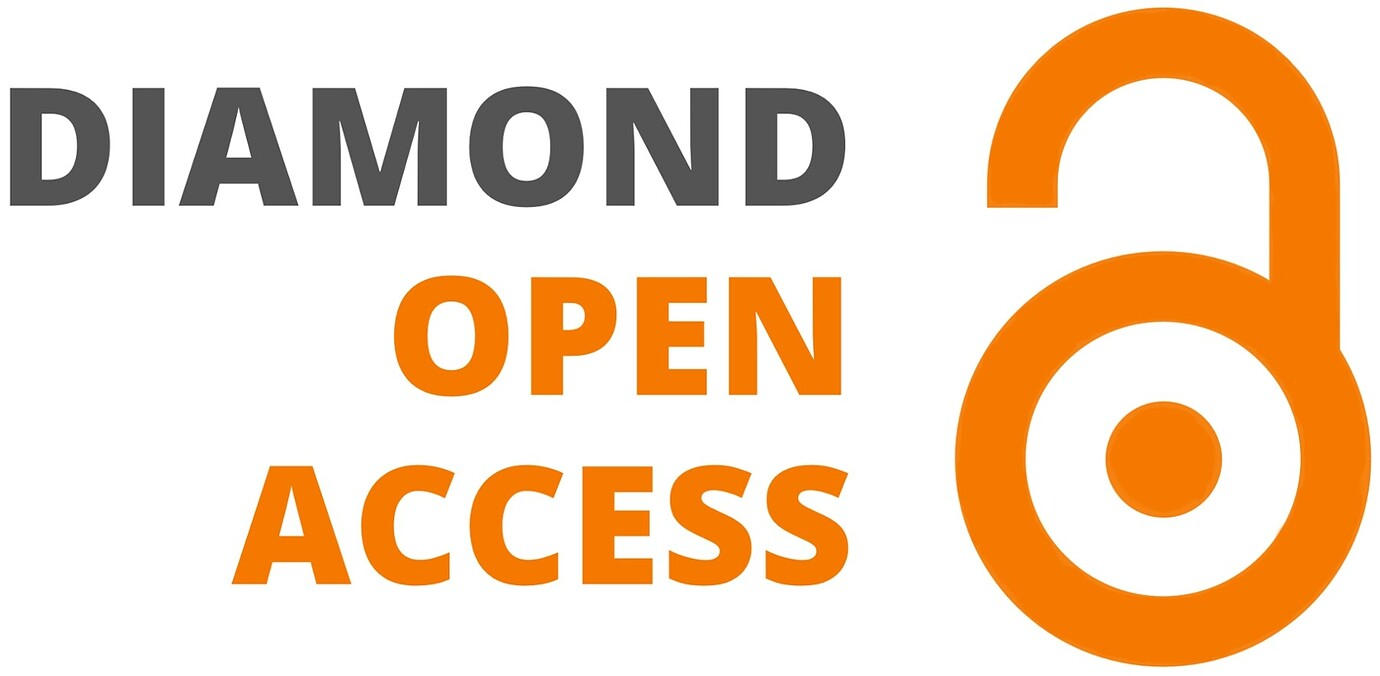Developing clinical reasoning during the first year of a speech and language therapy training course: creation and assessment of a program.
Keywords:
learning, development, speech and language therapy, diagnosis, education, memory, students, clinical reasoningAbstract
Context. Speech and language therapy students may struggle with their clinical reasoning development. According to the prototypes and scripts theory, health professionals’ decisions are based on knowledge networks, specifically organized for clinical action. Pedagogical literature describes technics that can be applied in class and may foster this memory organization.
Methods. We have integrated clinical problems in three first year teaching units at Limoges University. Tools such as learning by concordance and structured reflection have been employed. We have compared former students, who had received a classical approach, with those who had followed the new program. Both groups worked on a clinical case. Their scores have then been compared with a Mann-Whitney test.
Results. The second group is better than the first one at gathering information (W = 98.5, p = 0.05 and W = 90.5, p = 0.03), using semantic qualifiers (W = 89, p = 0.03), generating diagnosis hypothesis (W = 59, p-value = 0.001) and producing an analysis which is specifically focused on communication and language (W = 90, p-value = 0.03).
Conclusion.This study shows how such a training program can result in an early organization of students' knowledge, which enables them to conduct effective clinical reasoning. The task and the grid created for the research could become standardized tools to assess clinical reasoning and identify students’ difficulties sooner. In addition, our work paves the way for further reflexion regarding a potential re-engineering of the speech and language therapist’s training program.
Downloads
Published
License
Copyright (c) 2023 Glossa

This work is licensed under a Creative Commons Attribution 4.0 International License.




